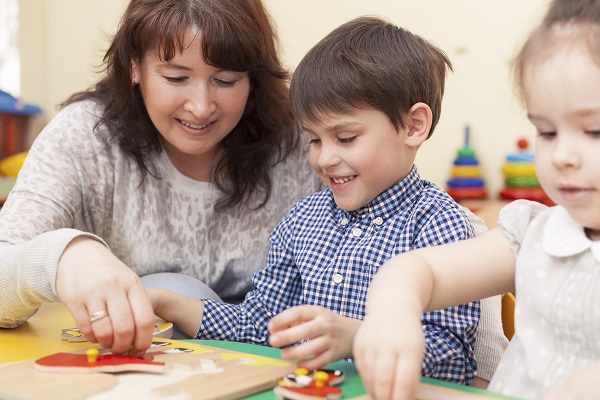
New Zealand women are paid, on average 13 per cent less than men, and with 13 per cent of the year to go, women in New Zealand are effectively “working for free” from today.
“More than 90 per cent of the support staff working in schools and early childhood education are women, doing some of the most important work in New Zealand for some of the lowest rates of pay,” NZEI president Louise Green said.
“The government can today make pay equity a reality for thousands of women who help Kiwi children learn, by paying them the same as the mostly men who work in New Zealand’s prisons.”
[pro_ad_display_adzone id=”4703″ align=”left”]
Corrections officers and teacher aides are both level four jobs on the Australian and New Zealand standard job classification system, yet beginner corrections officers (prior to any training) are paid $3.63 an hour more than the most experienced teacher aides.
Teacher aides and support workers have waited more than six months for the government to agree to some basic equal pay principles put forward by a joint equal pay working group,” Ms Green said.
“Its hard to believe that the government would make women wait six months to sign off on these principles, if it is really serious about paying women fairly.
“When you’re on poverty-level wages, every day you’re forced to wait for the decent pay you deserve is an insult.
“It’s time to stop shortchanging teachers, children and support staff and provide the better funding that every child in early childhood education and at schools needs to reach their potential.”
A new report from the University of Auckland’s Our Voices Project asks young people what…
The government has opened a tender for new standardised assessment tests, leaving educators shocked and…
Early in her career, Kiri Turketo found inspiration in an unlikely source. In this Principal…
Real stories of dedication, challenges, and triumphs from educators in NZ. Part six comes from…
Is fast furniture impacting your school's environmental footprint? We explore eco-friendly solutions to reduce furniture…
A new report from the New Zealand Initiative argues we need a stronger and clearer…
This website uses cookies.